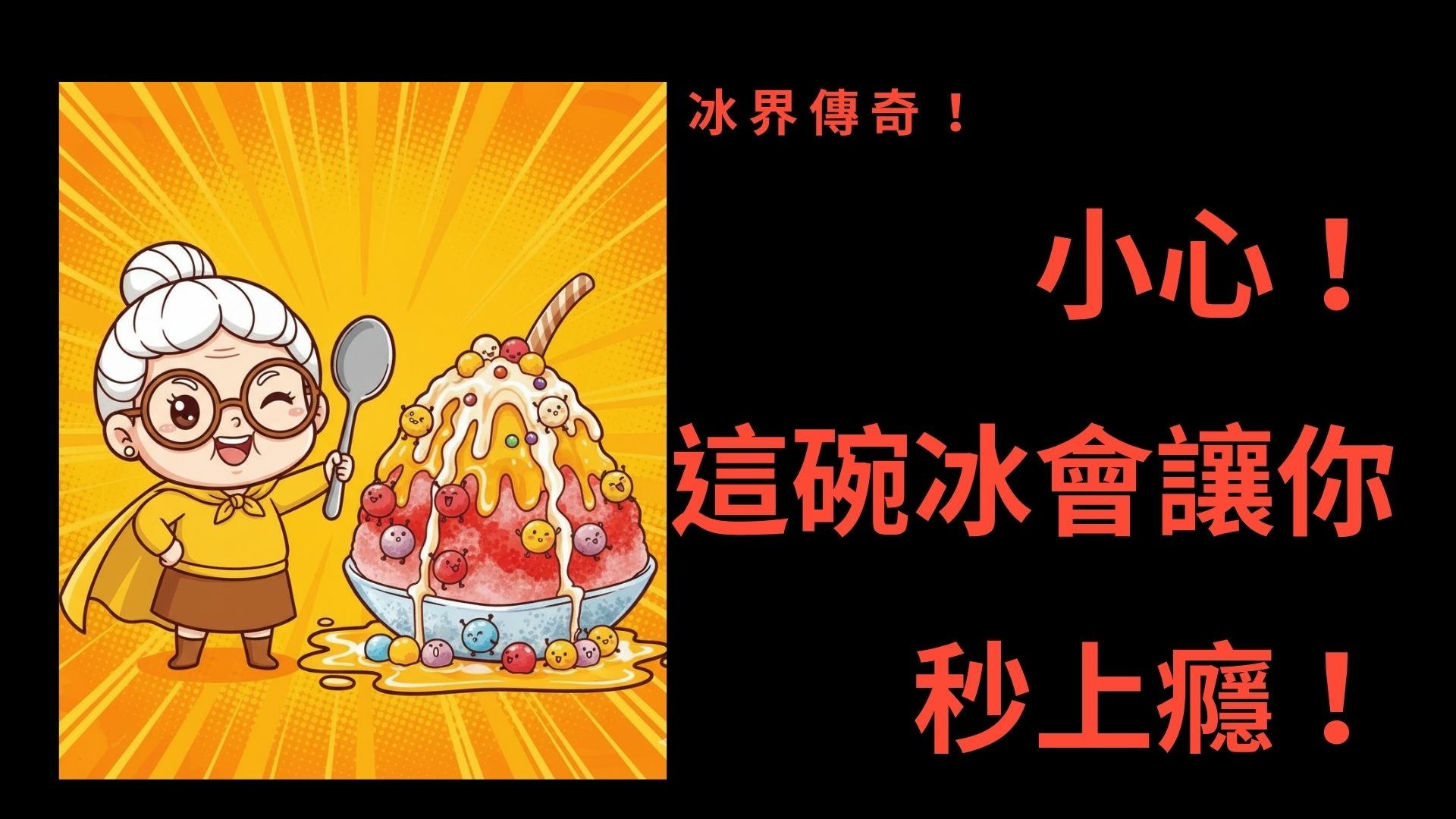Published on Taipei Times http://www.taipeitimes.com/News/taiwan/archives/2008/07/06/2003416648
CROSS-STRAIT FLIGHTS: High-tech emblem to certify genuine tea from Alishan
FROM BLUE TO RED: Each package of tea will contain a special liquid that, when swabbed over the emblem, will cause it to change color
STAFF WRITER, WITH CNA
Sunday, Jul 06, 2008, Page 2
The Chiayi County Government plans to introduce a certification emblem for its famous tea grown in the greater Alishan (阿里山) area. The emblem is meant to help consumers, particularly Chinese tourists, differentiate between the genuine product and falsely labeled tea, a county government official said yesterday.
Lien Chung-yung (連忠勇), director of the county government’s agricultural affairs bureau, said his bureau was poised to advocate the certification system to ensure that customers obtain the high-end tea produced in the mountainous Alishan area and that farmers earn reasonable profits.
Lien said that the county, in conjunction with prize-winning tea growers from contests sponsored by the local government, will begin later this year to use an anti-forgery emblem to certify the farmers’ brands.
SPECIAL SWAB
Customers who purchase genuine Alishan tea will find a cotton swab containing a special liquid inside the tea package that they can use to verify the authenticity of the product, Lien said.
If the blue color on the emblem turns dark red after it is swabbed with the liquid, the tea would be authentic, he said.
The emblem adopted by the Chiayi County Government was developed by a Taiwanese biotechnology firm, he said.
Lien said his bureau would begin advocating the system among tea growers affiliated with local farmers’ associations to help stamp out the sale of fake tea and maintain the reputation of products genuinely grown in the Alishan area.
PROTECTING TOURISTS
Tea planted and produced in Alishan — a high-elevation resort area that is one of the most popular scenic spots for Chinese tourists — has long enjoyed widespread popularity because of its unique aroma and high quality.
However, some tea shops have been found to sell low-end tea — from other areas in Taiwan or from foreign countries — disguised as Alishan tea to rack up extra profit. The sellers were found to be targeting Chinese tourists.
 留言列表
留言列表


